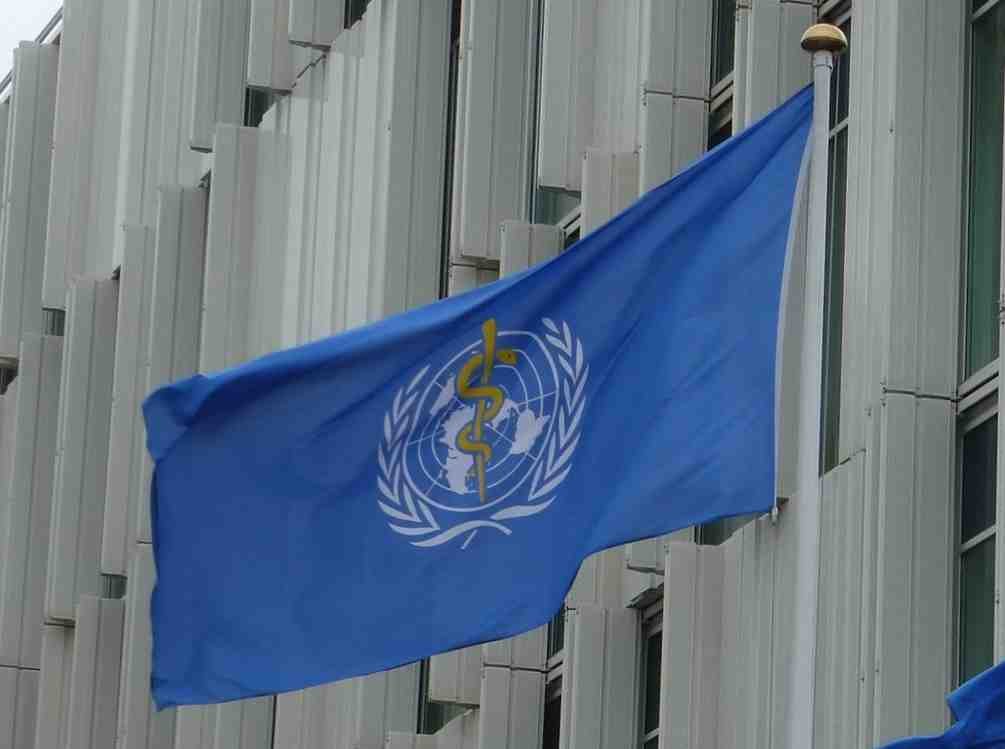The World Health Organization (WHO) has expressed regret over the announcement that the United States intends to withdraw from the organization. WHO spokesperson Tarik Jasarevic made the statement shortly after the new President signed an executive order that will terminate U.S. involvement in the UN agency within a year.
The United States became a member of the WHO in 1948, following a joint resolution passed by both chambers of Congress, which mandates a one-year notice period for any withdrawal. This recent decision echoes former President Donald Trump’s attempts to exit the WHO in 2020, a move that was later reversed by the Biden administration.
During a press briefing in Geneva, Jasarevic emphasized the critical role of the WHO in safeguarding global health, stating, “WHO plays a crucial role in protecting the health and security of the world’s people, including Americans, by addressing the root causes of disease, building stronger health systems, and detecting, preventing, and responding to health emergencies, including disease outbreaks, often in dangerous places where others cannot go.”
When asked about the potential consequences of the U.S. withdrawal, Jasarevic acknowledged that he had only seen the executive order that morning and noted that further analysis would be necessary. He highlighted that the U.S. is the largest single donor to the WHO, contributing 18 percent of the agency’s budget in 2023.
In a related context, Jens Laerke, spokesperson for the UN Office for the Coordination of Humanitarian Affairs (OCHA), underscored the importance of the WHO, stating, “The world lives longer, healthier, perhaps a little bit happier because of WHO.” He pointed out that the organization operates in regions where other entities cannot, including conflict zones like Gaza, Yemen, Afghanistan, and Sudan, asserting that it is an “indispensable part of the international humanitarian system.”
The announcement of the U.S. withdrawal comes amid growing concerns about climate change and environmental policies. Clare Nullis, spokesperson for the UN World Meteorological Organization (WMO), reacted to President Trump’s commitment to exit the 2015 Paris Agreement, a move that signals a return to the environmental policies of his previous term, which ended in January 2021.
Nullis stressed the urgency of adhering to the Paris Agreement, especially as 2024 is projected to be the hottest year on record, with global temperatures approximately 1.55°C above pre-industrial levels. “It is the defining challenge of our time,” she asserted, highlighting the need for collective action to combat climate change.
The WMO spokesperson also noted the severe economic impact of climate-related disasters in the U.S., citing that the country has experienced 403 weather and climate disasters since 1980, each causing damages of $1 billion or more. The total cost of these events has exceeded $2.915 trillion, according to U.S. data.
Her remarks were echoed by the UN Spokesperson’s Office, which responded to inquiries by emphasizing that the transformation envisioned in the Paris Agreement is already in progress. The office highlighted a renewable energy revolution that presents opportunities for job creation and economic prosperity.
“The Secretary-General remains confident that cities, states, and businesses within the United States—along with other countries—will continue to demonstrate vision and leadership by working towards low-carbon, resilient economic growth that will create quality jobs and markets for 21st-century prosperity,” the statement concluded.
The potential withdrawal of the U.S. from both the WHO and the Paris Agreement raises significant concerns among global health and environmental leaders, who stress the importance of U.S. leadership in addressing these critical issues. As the world grapples with ongoing health crises and the escalating impacts of climate change, the role of the United States in international cooperation and commitment to global health and environmental standards remains a focal point of discussion among UN officials and health advocates.
The coming months will be crucial as the implications of the U.S. withdrawal unfold, and stakeholders from various sectors will be closely monitoring the situation to assess its impact on global health initiatives and climate action efforts.








